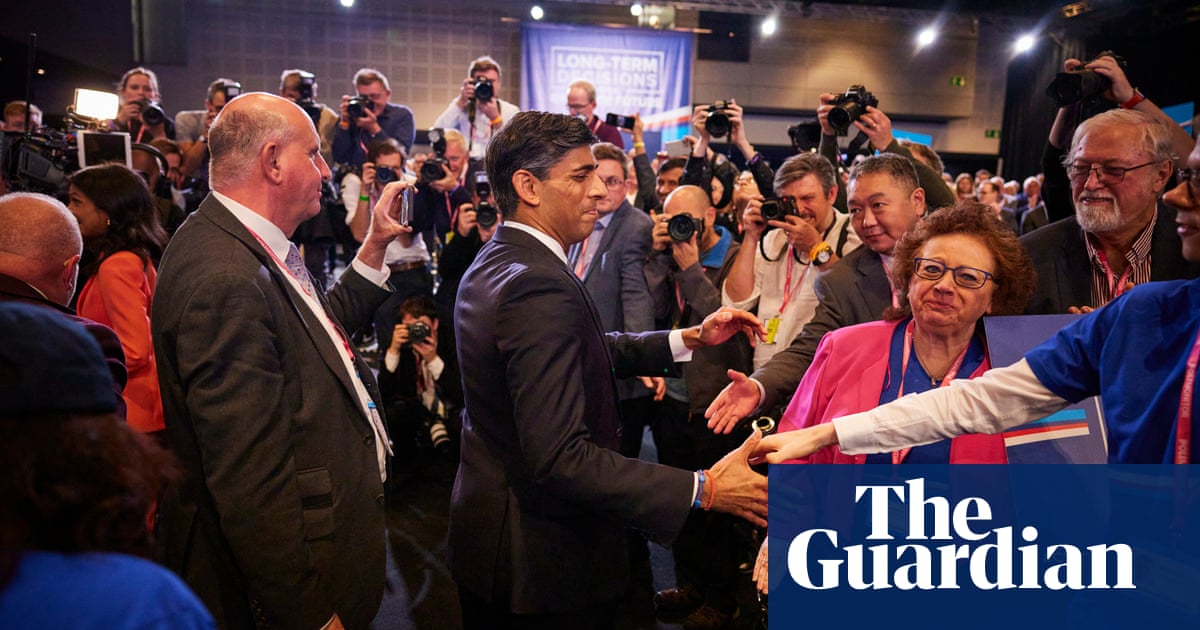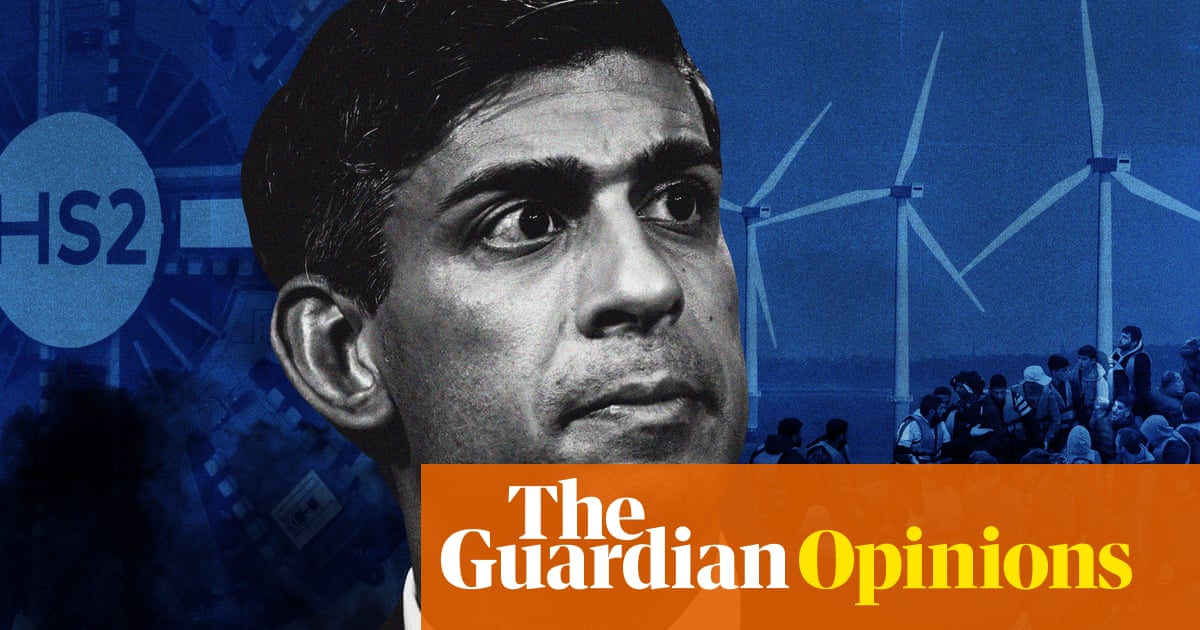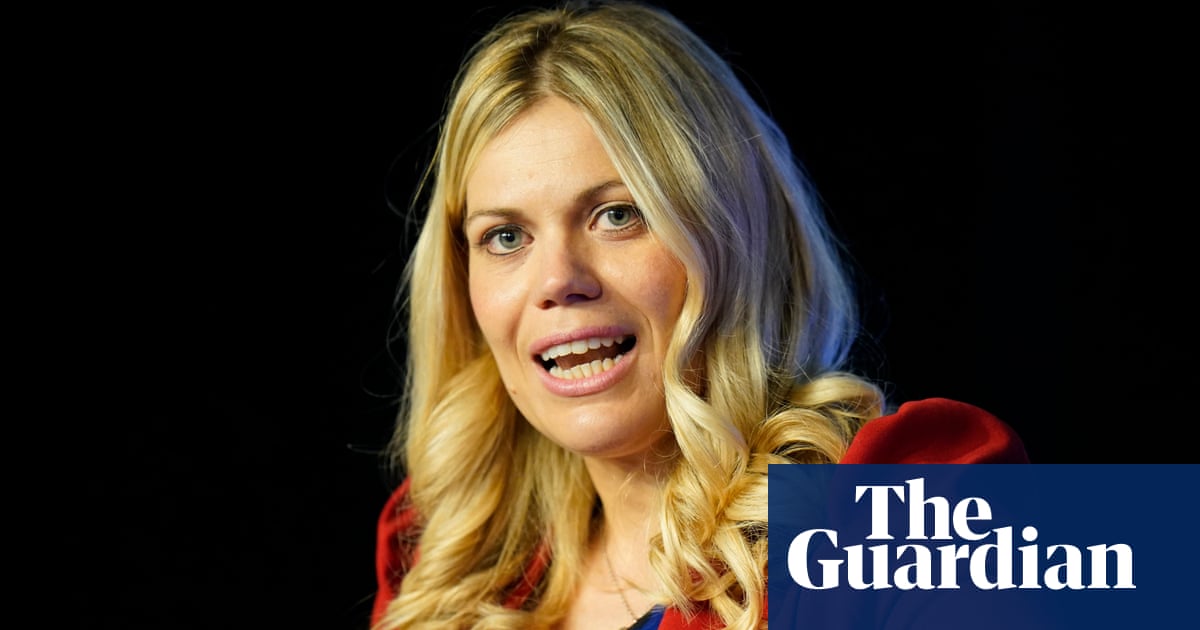
It was just over an hour long, and comprised more than 7,500 words, but what did Rishi Sunak’s conference speech actually contain? In some ways, quite a lot – but in others, remarkably little.
The personal touch
Leaders’ speeches at conferences are often billed as helping voters see “the real person”, and Sunak’s address had a fair bit of this, not least the introduction from his wife, Akshata Murty. That said, the biographical detail was familiar, even if it was notable how Sunak tried to link himself to Margaret Thatcher, calling the Conservatives “the party of the grocer’s daughter and the pharmacist’s son”.
The man of change
In an approach some might consider bold after 13 straight years of Tory rule, Sunak repeatedly insisted only he could break decades of short-term thinking and take on vested interests, and that he was “prepared to be radical in the face of challenges”. Will voters believe this? That is the task he faces.
HS2
The scrapping of the Manchester leg of HS2 was both the least surprising and most central part of the speech. Sunak tried to present this as emblematic of his ability to make tough choices when the facts change, and to move with the times, but it will be controversial. The claim on modernity is also undermined by the mass of road schemes now being financed by the rail money saved, a priority that goes against current transport policy is most comparable countries.
A new post-16 qualification
The proposal to bundle A- and T-levels into a new advanced British standard qualification in which students must study maths and English to 18 and take about five subjects was something of a rabbit out of a hat, but it is a curious pre-election bribe to voters. It is somewhat technical and will not happen for some time – or at all, if the response of teaching unions is to be believed.
A gradual ban on smoking
Incrementally raising the minimum age to buy tobacco so modern children will never be able to do it legally is perhaps the one part of the speech to meet Sunak’s claim of long-term choices to benefit the nation – it will be a boon for the NHS, but not for perhaps 40 years. At the same time, Sunak will not push it through, just give MPs a free vote.
Culture wars
Sunak once had a reputation for not being a natural culture warrior, but he is increasingly leaning into such issues. It was notable in the speech, where he seemed in effect to argue that transgender identities were not valid: “And we shouldn’t get bullied into believing that people can be any sex they want to be. They can’t; a man is a man and a woman is a woman. That’s just common sense.”
Attacks on Labour
It was notable that while Penny Mordaunt, one of Sunak’s warm-up acts, sought to present Keir Starmer as a radical socialist throwback to the 1980s, the prime minister instead described the Labour leader as “the walking definition of the 30-year political status quo”, with an aim to “do and say as little as possible and hope no one notices”. It was perhaps not the most cohesive message.
The central paradox
“We will be bold,” Sunak concluded. “We will be radical … It is time for a change.” This was stirring stuff. However, it bore minimal resemblance to the other 7,000-plus words of the speech. This was a pre-election address that dressed up a cancellation as a new start, a free vote as a bold choice, and a hypothetical change to qualifications as a revolution in schooling. Will voters see it differently? We will see.












